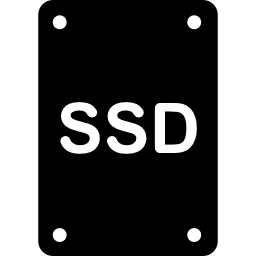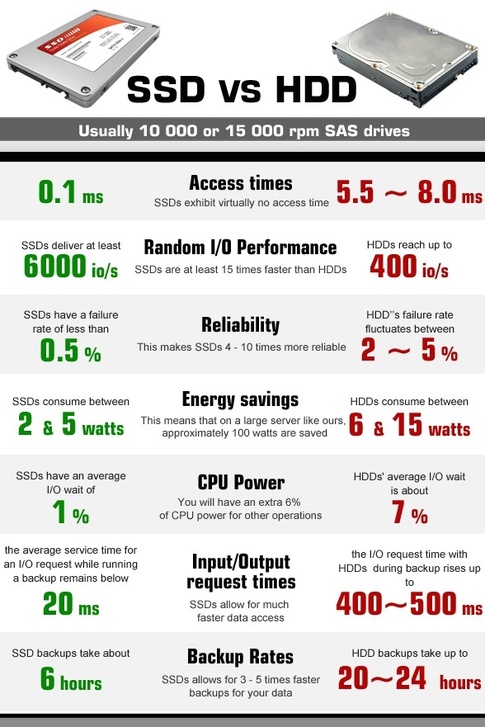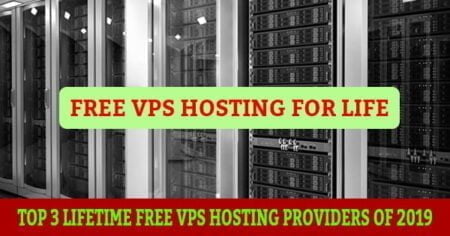In today’s world, it is becoming increasingly important for businesses with an online presence to enhance further their websites. A website is an online business’ most powerful tool, and thus, great care must be channeled towards ensuring that its performance is enhanced. Speed and overall performance are some of the most important factors that need to be considered when making your website. In this regard, carefully selecting a hosting provider becomes a vital step.
Regular web hosting using HDD drives has been dominant for many years. However, increasing market demand has forced web owners to look for better alternatives to enable their sites to perform better and increase customer satisfaction. Today, Solid State Drives, better known as SSD, have become the better alternative. Websites hosted on SSD storage have a faster access time and can, therefore, serve their e-commerce applications faster. Switching to SSD storage usually means that a site will load three to five times faster than when hosted on a standard platform. Therefore, the power and performance of the site are increased, thus making SSD hosting a much-preferred choice.
Related: Considerations to Choose the Best Web Hosting!
HDD Hosting
 HDD is the acronym of Hard Disk Drive. HDD hosting is a traditional hosting service that most web hosting companies are providing to their clients. Cost is the only driving factor for using HDD drives for hosting. This is because HDD drives are quite cheap to buy and are also easy to implement allowing hosting providers to purchase vast amounts of storage space at a low price. Such companies can even give their customers unlimited storage space. However, HDDs have moving parts. Therefore, they are much less durable than SSD drives. Additionally, they stand a higher chance of defragmentation and disk failure. Their booting time and noise levels are also quite higher than SSD drives.
HDD is the acronym of Hard Disk Drive. HDD hosting is a traditional hosting service that most web hosting companies are providing to their clients. Cost is the only driving factor for using HDD drives for hosting. This is because HDD drives are quite cheap to buy and are also easy to implement allowing hosting providers to purchase vast amounts of storage space at a low price. Such companies can even give their customers unlimited storage space. However, HDDs have moving parts. Therefore, they are much less durable than SSD drives. Additionally, they stand a higher chance of defragmentation and disk failure. Their booting time and noise levels are also quite higher than SSD drives.
SSD Hosting
SSD is the acronym of Solid State Drives. SSD drives are usually up to 300% faster than HDD drives. Given the fact that SSD drives do not have moving parts like HDD drives, they are much more durable and less prone to defragmentation, which is another notable feature of these drives, and so do not need to be defragmented. Given these factors, SSDs have a faster read/write speed compared to traditional HDD drives. Therefore, a website that is hosted on an SSD drive will load much faster.
SSD Hosting vs. HDD Hosting Comparison
The Speed Comparison
Hard Disk Drive vs Solid State Drive Explained
So, Highlights Advantages of SSD Hosting
SSD hosting has numerous advantages over traditional SSD hosting. They offer better speeds and performance for websites hosted on them. We are going to discuss the main benefits of hosting your site on a server that uses SSD drives for storage in comparison to HDD drives.
For e-commerce sites, the loading speed is very important especially given the fact that a slow loading site could adversely affect sales. Customers could become impatient when waiting for the pages to load, and consequently, abandon their shopping cart of even the site altogether. While a 4-second loading time could be thought of as acceptable, it could still lead to a 25% drop in sales if overlooked. Therefore, even if you are not using your website for selling, ensuring faster loading speeds for your website goes a long way in increasing your site’s usability. As a result, you will get more visitors which will translate to more page views, increased interaction, and higher revenue. SSD hosting is a big plus for enhancing database queries, file access times, and the usability of your website meaning that the chance of you missing an opportunity is significantly reduced. Even though the difference in raw data access time between a regular web server using SSD storage and one using HDD storage is measured in milliseconds, when your website is receiving heavy traffic, a single millisecond matters a lot.
Start from Scratch or Upgrade Later?
If you have already purchased a hosting plan, you are bound to see a lot of benefits when you make the switch to SSD hosting. While you will most probably see a difference in the amount of disk space allocated, this should not be an issue because you are not likely to exhaust it anyway. The overall performance boosts your site will experience is worth more than having a little extra space that you will not use. Additionally, prices are relatively the same meaning you will not be required to pay a premium rate.
However, if you are planning to create a website, or if you are in the development stages, there are much better gains from using SSD hosting instead of the traditional HDD hosting. Increased overall performance, faster caching and file access times are the major components in making your site user-friendly and growing traffic, sales, and revenue. The success of your online business is literally in your hands. You can decide to make the right choice and see your website perform exceptionally.
Conclusion
We highly recommend using SSD hosting for your site because it is faster, more secure, and reliable too. An SSD drive could give you a hundred times faster overall performance than normal hosting could. This way, you are bound to have customers who will love your website’s response and come back time and time again.
Here are several SSD Hosting providers you should choose:
- StableHost: Get 90% Off SSD Cloud hosting.
- WXP managed hosting: Order Now for 50% off.
- Hawkhost: Save up to 40% off for Life.
- Rocket: Managed hosting plans for $1
We also want to suggest Cloudways, which is a managed SSD VPS hosting you should choose if your website has a lot of visitors per day and the powers of shared hosting aren’t enough for it. Especially, Cloudways currently give a 25% discount on any cloud hosting plan ordered by NewCoupons’s reader.
Hope this helps – Nice a day guys 🙂















3 Comments
Since I’ve moved to my current SSD hosting plan by BGOcloud, I’ve noticed that there’s a huge improvement in my website’s loading speed. The SSD storage, combined with the CloudFlare CDN does wonders.
i am 100% agree with you 🙂
I was very confused before seeing this article but not I am going with SSD.
Thank you for sharing this article.
It is very informative and helpful.